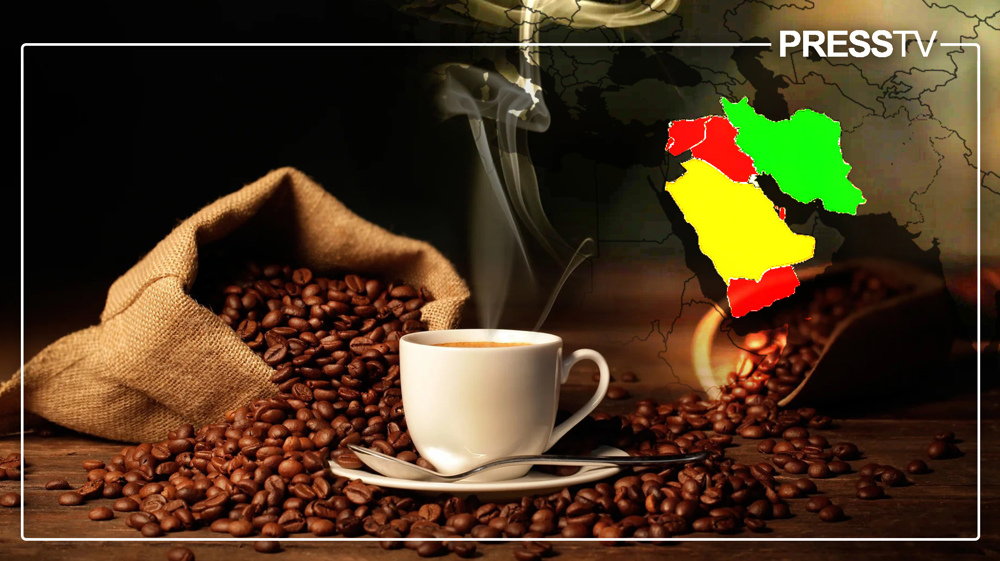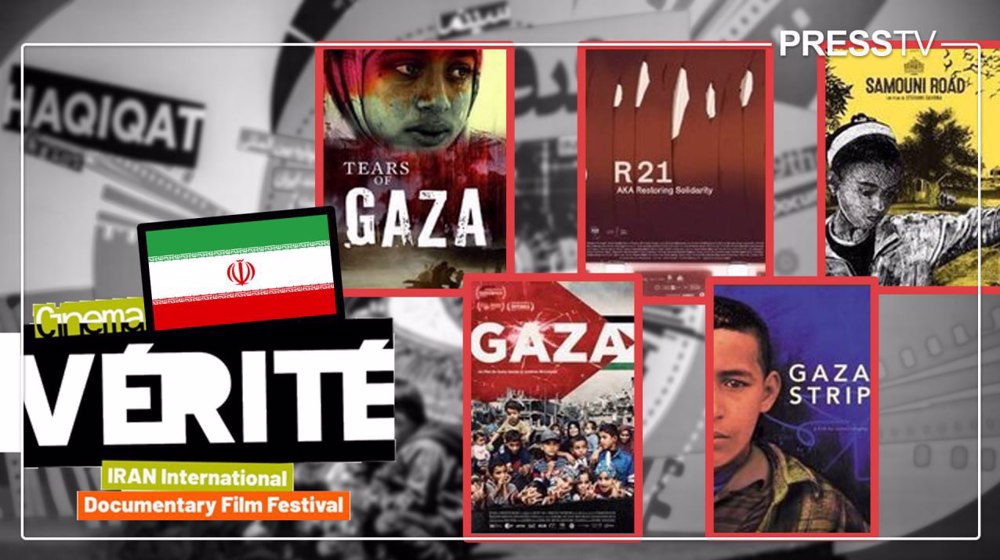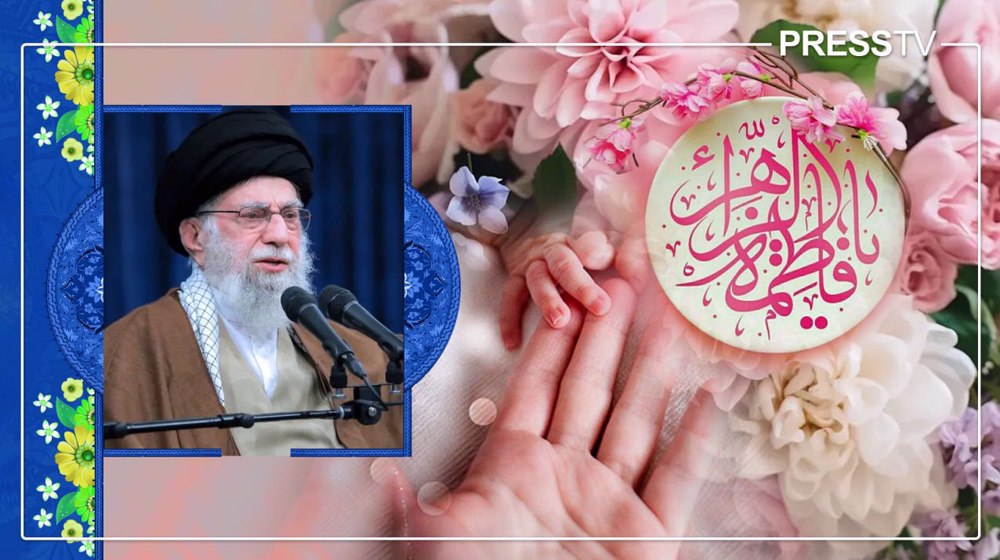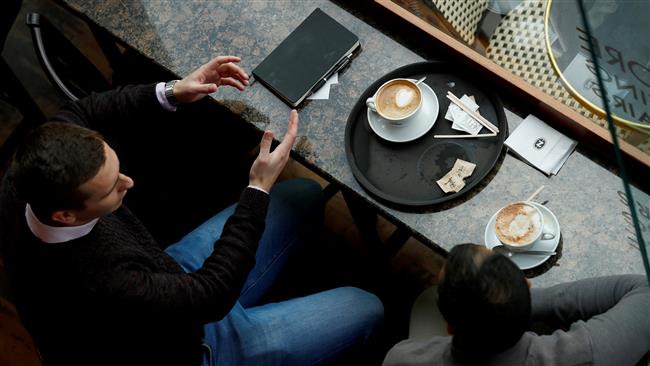International Coffee Day: Tracing Muslim roots of world’s favourite drink
By Humaira Ahad
Next time you grab a cup of coffee in your hands, ponder over the rich West Asian background of the beverage. Confused? Yes, the world’s favorite drink traces its roots to Muslim lands.
Before Starbucks, Nescafe and Costa Coffee announced their arrival and revolutionized the consumption of coffee, the beverage was widely popular in Muslim countries from Yemen to Iran.
In his magnum opus drama “Othello”, Shakespeare drew a comparison between the Arab- African villain of the drama named Othello and coffee.
Little did he know that the racial prejudice of Westerners against coffee which has origins in the Islamic world would change into an intimate love affair.
Presently, the largest consumers of coffee in the world are Western countries with the United States and the United Kingdom being among the top ten nations that drink the largest quantity of coffee in the world.
However, the projection of coffee as a Western drink is historically incorrect.
The dark brown drink was born in Africa but cradled in 15th-century Yemen by Muslims. To stay awake for their night vigil ceremonies, Muslim dervishes would drink coffee containing caffeine as a stimulant that kept sleep at bay.
“Having lived in both Europe and the Middle East (West Asia) for nearly a decade, I have come to appreciate the ethnic coffee culture of the region,” Sharoz Khushal, a coffee enthusiast from Qatar told the Press TV website.
“There is a stark contrast between the deep-rooted traditions surrounding coffee in West Asia and the superficial coffee culture in European countries.”
Coffee in Iran
Commonly known as Qahwa in Iran and other West Asian countries, coffee houses have traditionally been known as Qahwa Khanas.
Historians say Iranians have been drinking coffee since the 16th century, with the first coffee houses appearing during the Safavid period (1501-1736).
Salik al-Din Muhammad Hamavi Yazdi, the author of a late-sixteenth-century Persian treatise on stimulants, says that in Arab lands "everyone" and in Iran "most people are now used to drinking it (coffee)."
The Persian royal court maintained a specific kitchen for the preparation of coffee with the coffee master referred to as qahwahchi-bashi. It can be said that the qahwah-chibashi has been rebranded as a barista in the present times.
“I learned the proper way of serving and drinking coffee in the Middle East (West Asia). My Arab host emphasized that the cup must only be passed with the right hand and should be filled only to one-third of its capacity,” Khushal said.
In Iran, the popular black and strong coffee remained an important part of the reception for visitors at the Qajar court in the 19th century.
The beverage also became a drink of the Persian caravanserais where travelers were served coffee to wash off their tiredness of long travels.
“Coffeehouses in Iran and elsewhere in the Middle East (West Asia) were frequently located near mosques, enabling the faithful to socialize over coffee and a water pipe before or after prayer,” writes Rudi Matthee in his book The Pursuit of Pleasure- drugs and stimulants in Iranian history, 1500-1900.
Coffee remained in use as a ceremonial drink in the early 20th century, served customarily at rawżas commemorating the martyrdom of Imam Hussain (AS).
Coffee shaping public discourse
Coffee houses in Iran also turned into places for interaction and public exchanges. Debates ranging from politics and society to intellectual discourses, these spaces provided allurement for people desiring human connection.
The ritual of drinking coffee in a group led to the emergence of the public sphere.
These public domains played an important role in the active participation of common people in politics thus giving rise to intercommunication of ideas.
Contrary to the claims of the West, democratic spaces emerged as an expansion of these public spheres that came into existence at coffee houses in West Asian countries such as Iran and provided a ground for public discourses.
Now look at that cup of coffee again, and question the distorted and colonized history of this drink that has caught the imagination of the West.
Coffee is not a Western beverage nor is democracy a totally Western concept but the past of both coffee and democracy has been manipulated like the past of so many things.
Investigation reveals secret Israeli unit sabotaging war crimes prosecutions abroad
US boat strikes kill 8 in eastern Pacific amid escalating pressure on Venezuela
Trump seeks $10 billion in defamation suit against BBC
VIDEO | Austria bans headscarves for girls under 14
Israeli forces fatally shoot 17-year-old Palestinian in West Bank raid
Iran calls for ‘transparent and inclusive’ process in selecting next UN chief
Medicinal plants hold key to Iran’s drought-resistant revenue
Venezuela dismisses EU sanctions renewal as ‘complete failure’














 This makes it easy to access the Press TV website
This makes it easy to access the Press TV website